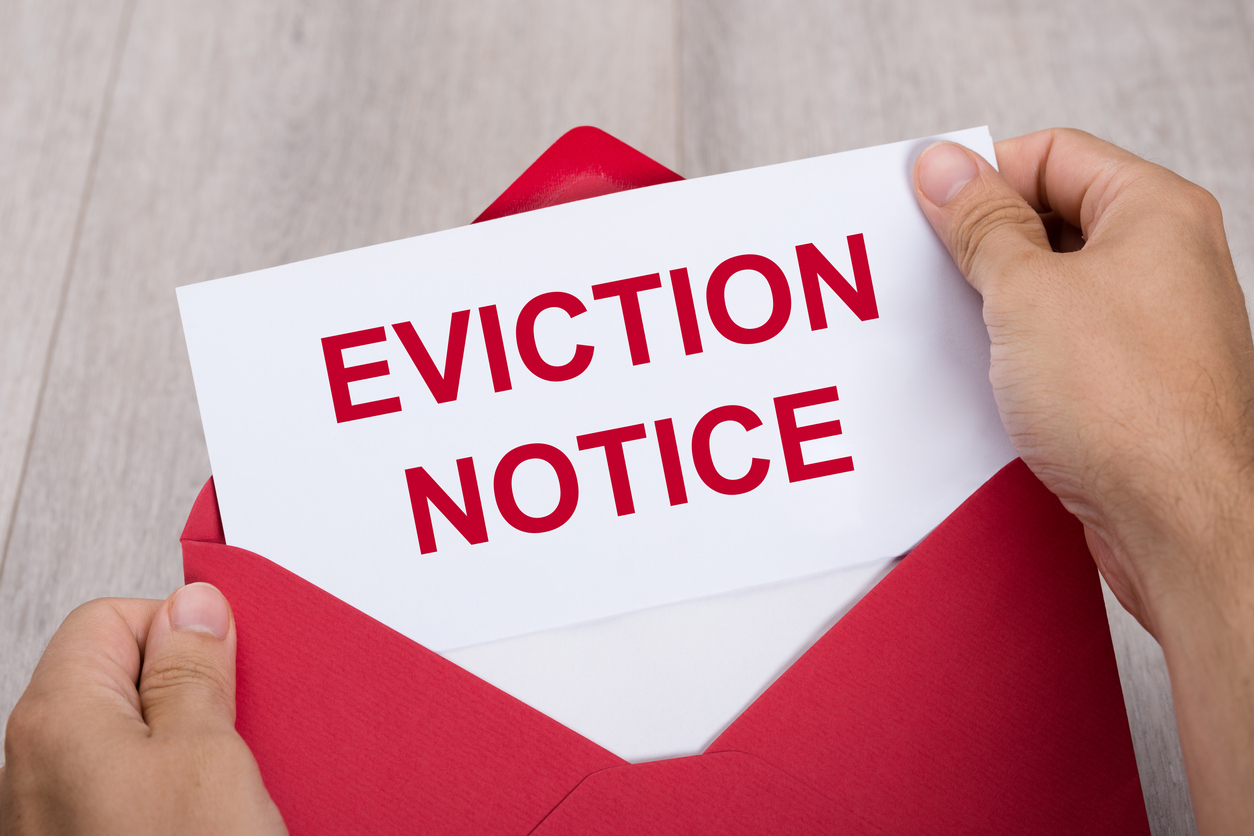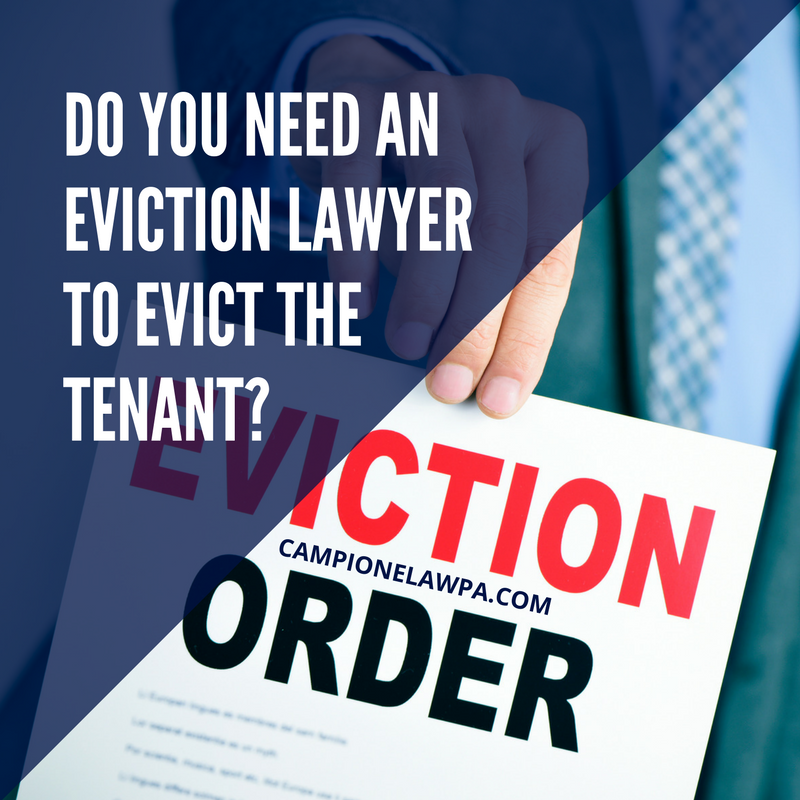Eviction Laws in Delaware: What Tenants Need to Know
Eviction Laws in Delaware: What Tenants Need to Know
Blog Article
As a landlord or tenant in Delaware, it is significant to experience a very good comprehension of eviction legislation. Eviction is a authorized process for taking away a renter from your hire property, and there are specific laws and regulations in place to shield equally tenants and landlords. Within this article, we’ll cover the fundamentals of writ of restitution and solution probably the most commonly inquired questions.

Factors behind Eviction in Delaware
A landlord are only able to legally evict a tenant should they have a legitimate cause, like non-settlement of rent, violating the lease contract contract, or carrying out prohibited pursuits on the residence. If a property owner wants to evict a renter without having a valid reason, it’s regarded an illegal eviction. In Delaware, a property owner must provide created discover to the tenant before filing for eviction.
Eviction Method in Delaware
The eviction approach in Delaware typically begins with a written observe on the tenant. In the event the tenant fails to adhere to the observe, the property owner could then file for eviction in the court. The tenant will likely then get a judge summons and enjoy the ability to participate in a listening to to dispute the eviction. In case the the courtroom guidelines in favor of the property owner, a writ of ownership may be given, along with the community sheriff will enforce the eviction.
Tenant Reflection in the courtroom
Tenants have the legal right to lawful reflection during an eviction listening to, and it is advised that they can search for legitimate advise before joining. In case a tenant is unable to afford to pay for a lawyer, they may be able to locate totally free or very low-cost authorized assist professional services in Delaware.
Tenant Protections in Delaware
Delaware rules supplies particular protections for renters during the eviction procedure. For instance, a property owner cannot physically eliminate a tenant or their valuables in the home with out a courtroom purchase. Renters also provide the authority to challenge an eviction in the courtroom and request much more time to vacate the premises.
Property owner Duties in Eviction Cases
Property owners in Delaware have particular obligations in the eviction procedure. As an example, they should offer composed notice towards the renter before filing for eviction and cannot change the tresses or switch off tools to force the renter to leave your property. When a property owner violates a tenant’s rights through the eviction procedure, they may be subject to legitimate penalties.

Summary:
To conclude, being familiar with eviction regulation in Delaware is very important for both property owners and tenants. In case you are a landlord, it is crucial that you adhere to the legitimate approach for eviction and make sure that you use a valid reason for doing so. Tenants should know about their proper rights in the eviction process and may want to seek out legal counsel. With a fundamental knowledge of eviction law in Delaware, the two landlords and renters can protect themselves and avoid needless authorized quarrels. Report this page